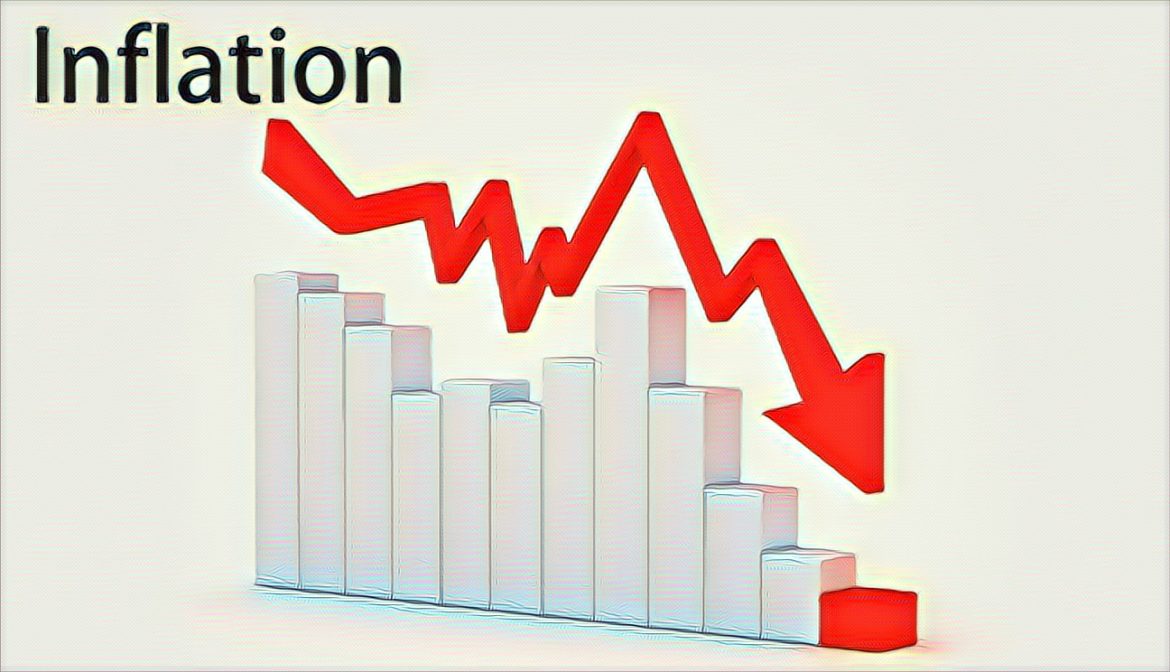Financial News
Ghana experiences a significant economic shift as inflation drops for the third consecutive month, hitting a 14-month low of 35.2% in October. The decline, revealed by the Ghana Statistical Service, showcases a notable reduction from 38.1% in September and 40.1% in August.
Government Statistician Samuel Kobina Annim, in Accra on Tuesday, attributed this decrease to a substantial drop in food prices from September to October 2023. This announcement precedes Finance Minister Ken Ofori-Atta’s unveiling of the 2024 budget on November 15, prompting the early release of inflation data.
Year-on-year inflation for October 2023 at 35.2% is 2.9 percentage points lower than September 2023. The month-on-month inflation for October 2023 is 0.6%, signaling a 1.3 percentage points downward change.
The disparity between food and non-food items is evident, with food inflation at 44.8%, reflecting a 4.6 percentage points reduction from September. Non-food inflation decreased by 1.6 percentage points to 27.7%.
Analysis also highlights differences between locally and imported items. Locally imported items experienced a 34.4% inflation rate, 2.6 percentage points lower than imported items at 37.0%.
Certain divisions recorded inflation rates higher than the national average of 35.2%. Notable sectors include Alcoholic beverage, tobacco, and narcotics (45.7%), Personal care, social protection, and miscellaneous goods and services (45.0%), and Food and Non-Alcoholic Beverages (44.8%). Insurance and Financial Services recorded the lowest rate of inflation at 5.5%.
Regionally, the North East Region led with the highest inflation rate at 47.5%, followed by the Eastern (46.6%) and Western (46.0%) regions. Eight regions recorded rates higher than the national average.
Food and Non-Alcoholic Beverages remained the major driver, constituting more than half (55.1%) of inflation, followed by Transport (7.6%), Housing, Water, Electricity, Gas, and Other Fuels (7.5%), and Clothing and Footwear (7.1%) in October 2023.
Analyzing food inflation on a year-on-year basis (44.8%) for October 2023, the top five contributing subclasses were Vegetables, tubers, plantains, cooking bananas, and pulses; Fish and Other Seafood; Ready-made food and other food products; Cereals and Cereal Products; and Live animals, meat, and other parts of slaughtered land animals.
As Ghana experiences a positive economic shift, the declining inflation rates offer hope for improved economic stability. This trend may pave the way for strategic financial planning and increased confidence in the nation’s economic landscape.
Source: [Daily Graphic]




